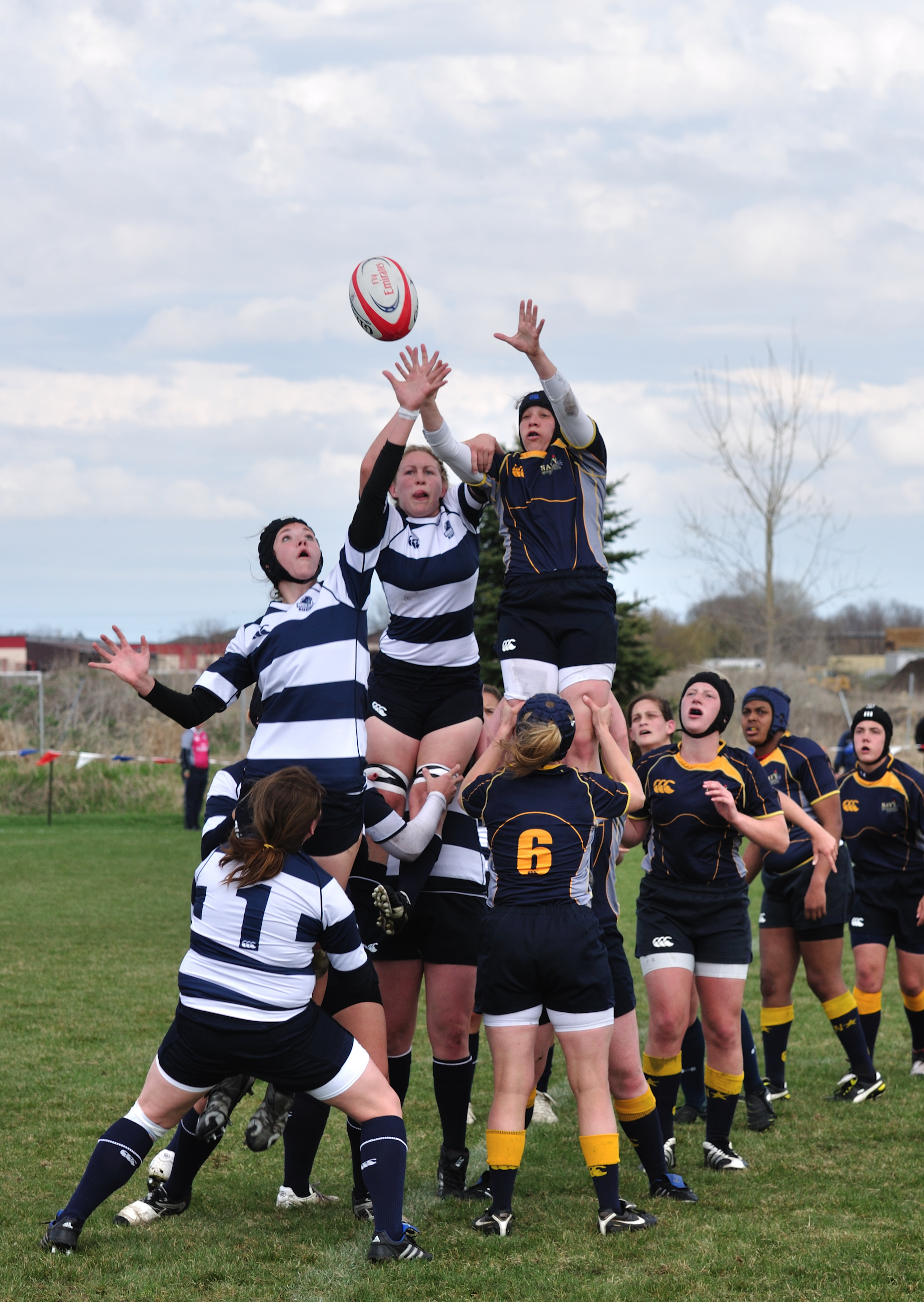
In those countries where educational opportunities are limited, there are academic hurdles to jump if students are to progress (or not) through the education system. Not so in New Zealand, where the government has set the target that 85 percent of 18-year-olds will have achieved NCEA Level 2 or an equivalent qualification in 2017. NCEA, with its flexible modular approach, enables schools to assemble programmes to suit a range of learners. This standards-based qualification was not intended for students to measure their performance against each other. Rather, Achieved grades or better are allocated in accordance with how well students meet established benchmarks and, yes, it is possible for a pass rate of 85 percent, or even 100 percent if all students reach the standard.
Running counter to the NCEA philosophy is the competitive New Zealand Scholarship examination. Introduced in 2004, this met a need for a challenging academic examination. It is, in effect, a competition with generous monetary prizes awarded.
Looking at the 2013 Scholarship examination results released in February, I am struck by the fact that, although at all levels of NCEA it is girls who have the edge, it is boys overall who are garnering the most outstanding Scholarship results. An analysis of the Premier Awards is telling. These are the most prestigious of all the Scholarship awards and carry a monetary value of $10,000 for three years. Statistics show that although slightly more girls register for the Scholarship examinations, over a five-year stretch, from 2008 to 2012, 38 (81 percent) males and only nine (19 percent) females gained a Premier Award. What is happening at the senior levels for girls? Why aren’t they rising to this particular challenge? Is it that by Year 13 our young men have developed a superior competitive edge over their female counterparts? Does this disparity of performance foreshadow future imbalances such as the gender pay gap and the disappointingly low representation of female directors — less than 10 percent — on New Zealand boards?
Of late I have been dipping into Sheryl Sandberg’s book Lean In: Women, Work, and the Will to Lead, and many of her ideas have resonated with me. The current chief operating officer of Facebook, Sandberg writes of how women unintentionally hold themselves back in their careers. She identifies a ‘leadership ambition gap’, the unwillingness for women to step up to the next level despite having the requisite skills and ability.
Is this what the disappointing Premier Award statistics reflect? Do our girls lack the competitive instinct found in their male counterparts? Should we ask our girls to kick the ball harder, run faster and jump higher? If not, will our girls continue to take the back seat to males as they move into future careers. I believe we need to join with Sheryl Sandberg and urge our girls to aim high, lean in and take their rightful place at the table.




